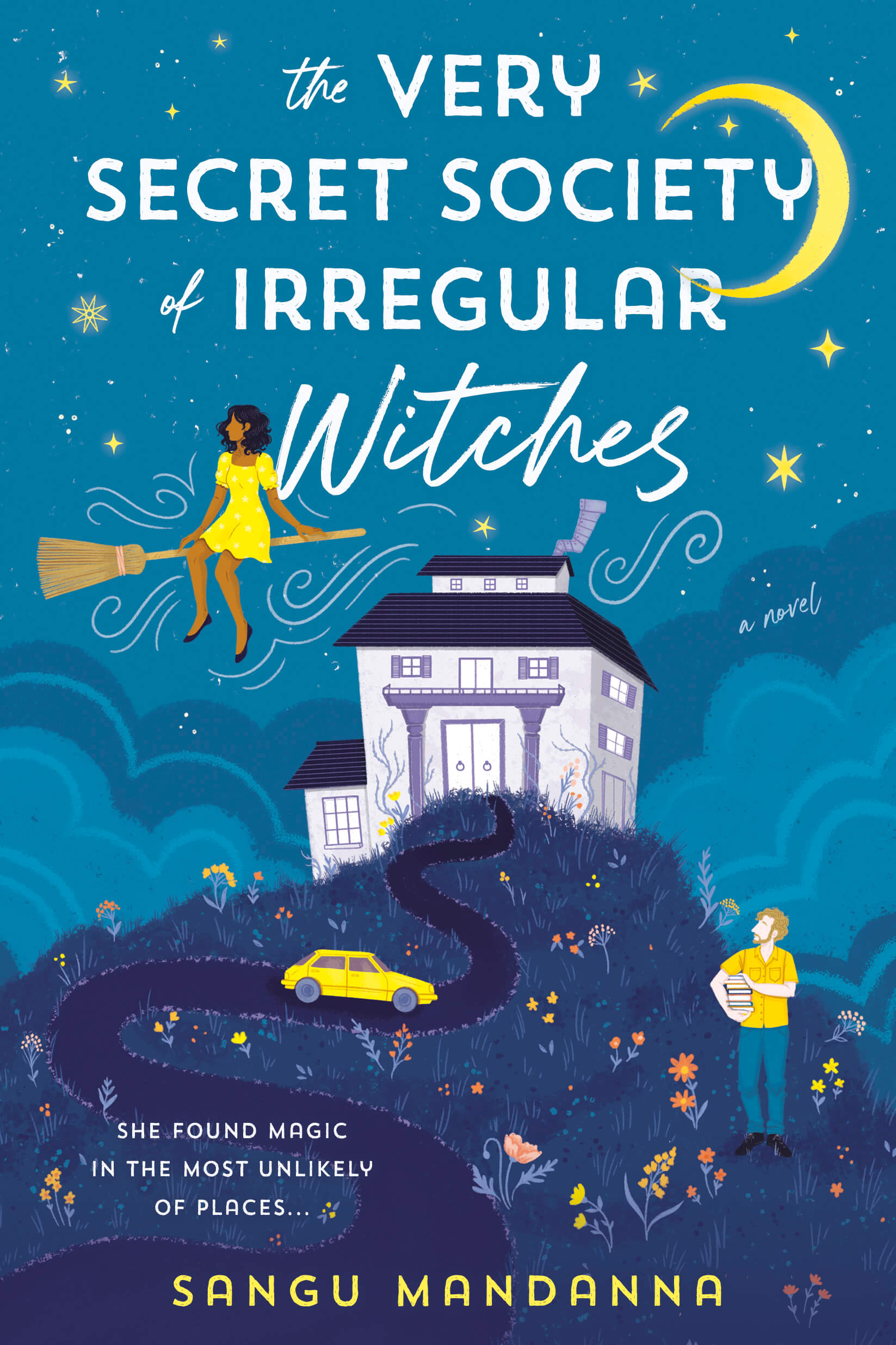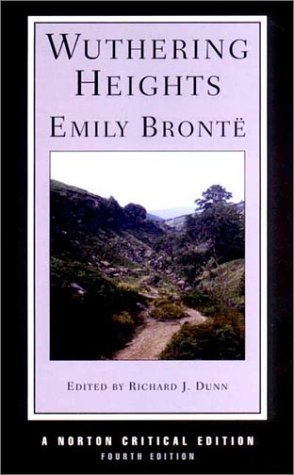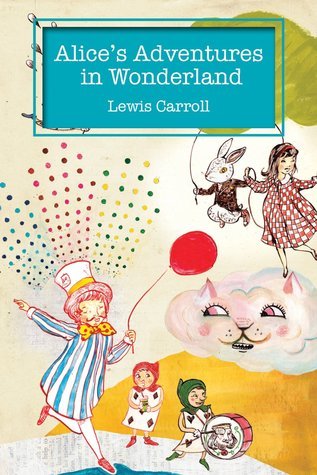Mad.Chessie.Cat commented on a post
Mad.Chessie.Cat wants to read...

A Witch's Guide to Magical Innkeeping
Sangu Mandanna
Post from the Wuthering Heights forum
Post from the Wuthering Heights forum
The way Nelly tries to build Heathcliff’s self-esteem 🥲
Post from the Wuthering Heights forum
“Nelly, make me decent, I’m going to be good.” 😭😭😭
Mad.Chessie.Cat commented on Mad.Chessie.Cat's update
Mad.Chessie.Cat commented on a post
Post from the Wuthering Heights forum
Mad.Chessie.Cat joined a quest
Cozy Fantasy ✨☕️🤗
🏆 // 2804 joined
Not Joined



Fictional books that feel like a warm hug, featuring magic and whimsy and perfectly happy endings. These are lower on stakes and higher on good vibes!
Mad.Chessie.Cat commented on a post
It’s so good but I would get so confused if I hadn’t seen the movies. There are so many names and places and they all sound so similar rip
Mad.Chessie.Cat wants to read...

The Very Secret Society of Irregular Witches
Sangu Mandanna
Mad.Chessie.Cat wants to read...

The Austen Affair: A Novel
Madeline Bell
Mad.Chessie.Cat commented on a post
Mad.Chessie.Cat commented on a post
Mad.Chessie.Cat started reading...

Wuthering Heights
Emily Brontë
Mad.Chessie.Cat finished reading and wrote a review...
I’ve got mixed feelings and it’s primarily because I enjoyed the first half of Katabasis and not so much the second half.
I loved that the book had a different approached to dark academia tonally. It’s unserious, playful, witty and maintains a sort of darkness, with serious themes, all the same. It reaches beyond European literature and Christian theology for reference and into Chinese mythology and more, combining multiple sources to forge Kuang’s own version of Hell. I know there was talk of readers feeling they must “prep” for Kuang’s Katabasis by reading Dante, Virgil, or Homer, but Kuang explains these figures’ accounts of Hell as she references them throughout the novel—and that brings me to one issue I had with the work: too much exposition. There’s a ceiling on how much exposition a person can handle and Kuang more than reaches that ceiling. By the second half of the book, my eyes barely dragged through the explanations of references, theories, and paradoxes. I think for a person who is familiar with the referenced works, it’s a drag to read through explanations of it, and for a person who is unfamiliar with the texts—it’s a drag to read through explanations of it. It’s a bit relentless.
I applaud the book on its beginning. It gets to the point and juggles world-building simultaneously, but I found by the second half, it seemed like it was trying to makeup for this immediate thrust into the world by lazily inserting flashbacks. I wish the flashbacks were at least chronological, and didn’t occur in the second half to shortcut information on the characters. I think Peter was a prime example of it done well, which for the most part was a one-and-done backstory on his life. Alice, as the main character, however, had multiple flashbacks or reflections of random parts of her past, and miraculously, I’m still not certain I know her character very well. I felt the flashbacks were supplanting something, that is to say they did not occur naturally, especially by the second half.
Needless to say, by the second half of the book, more accurately the last quarter, the spell was broken for me, and one signifier of this were grammar/spelling errors (in which I found a few which seemed to chip away at my focus). The writing began with a luster and subsequently loses that luster. Katabasis was within reach of perfection, but it is seemingly hiccuped on either a shortage of time or lack of revision. I got this impression distinctly as Alice and Peter go through the final courts of Hell. I loved Pride and Desire (the first courts)—they are honestly hilarious and impressively creative chapters. I grew excited by what Kuang would come up with in the other courts to find that they were rushed through to get to the Eighth court. In fact, those courts appeared to be mostly barren wasteland.
I got the impression that Katabasis wanted to include more than it could handle. I noticed in the second half of the book that sentences are awkwardly fragmented together to get across information or emotions as quickly as possible, and that entire chapters should have simply been scaffolded better, especially since I had the early chapters to compare it with. I couldn’t shake this feeling that many chapters were written momentously and never looked back on.
I am hesitant with this critique since I cannot say that I don’t hold Kuang to a higher standard than your average booktok-recommended-fantasy, and also that the ambition of Katabasis is still an incredible endeavor, but I cannot rate a work on ambition alone. I think that Katabasis stands in the shadow of Babel in terms of writing, world-building, characters and character development and more. I think if Kuang scaled down everything with Katabasis, it would have been incomparable, and it would have matched the tone of the novel, but the extreme use of references obscures the true narrative of the story.
So those are my thoughts. The first half and second half of this book are still clashing with each other in my mind. Final thought: I’d still give it a read; my critique may seem like quite a lot, but I don’t think I gave the parts I love the justice it deserves.
(I 🫶 You Archimedes)










